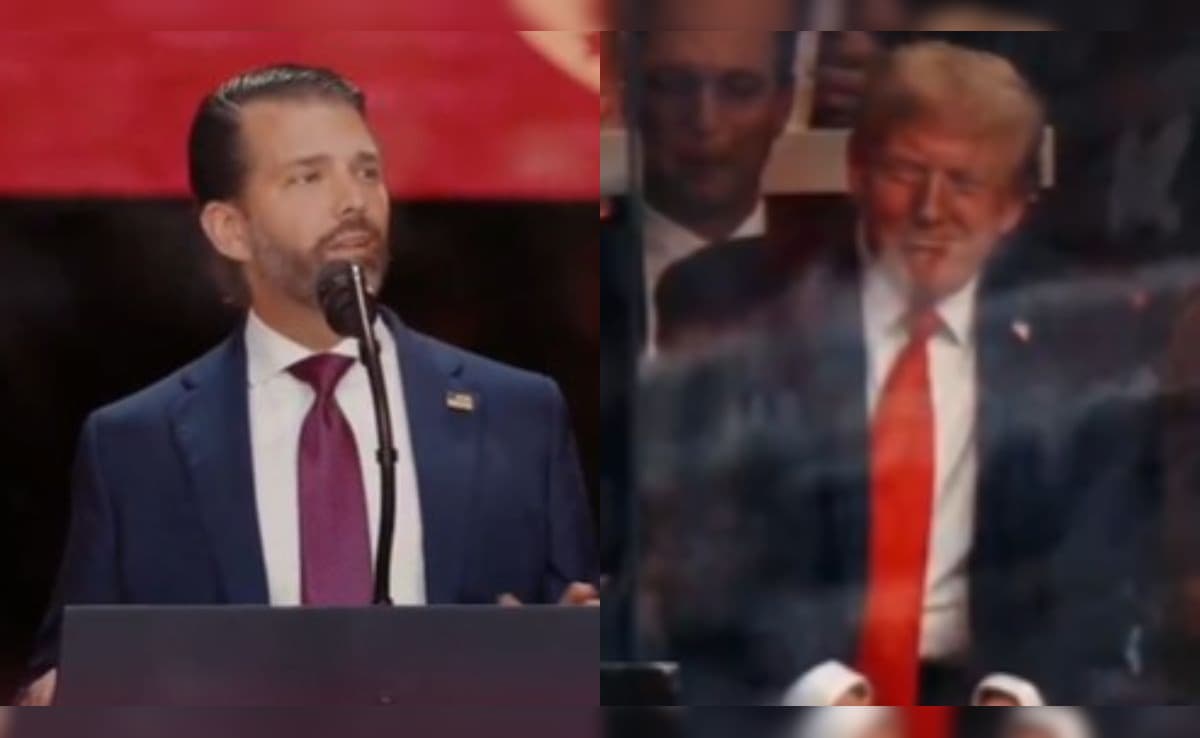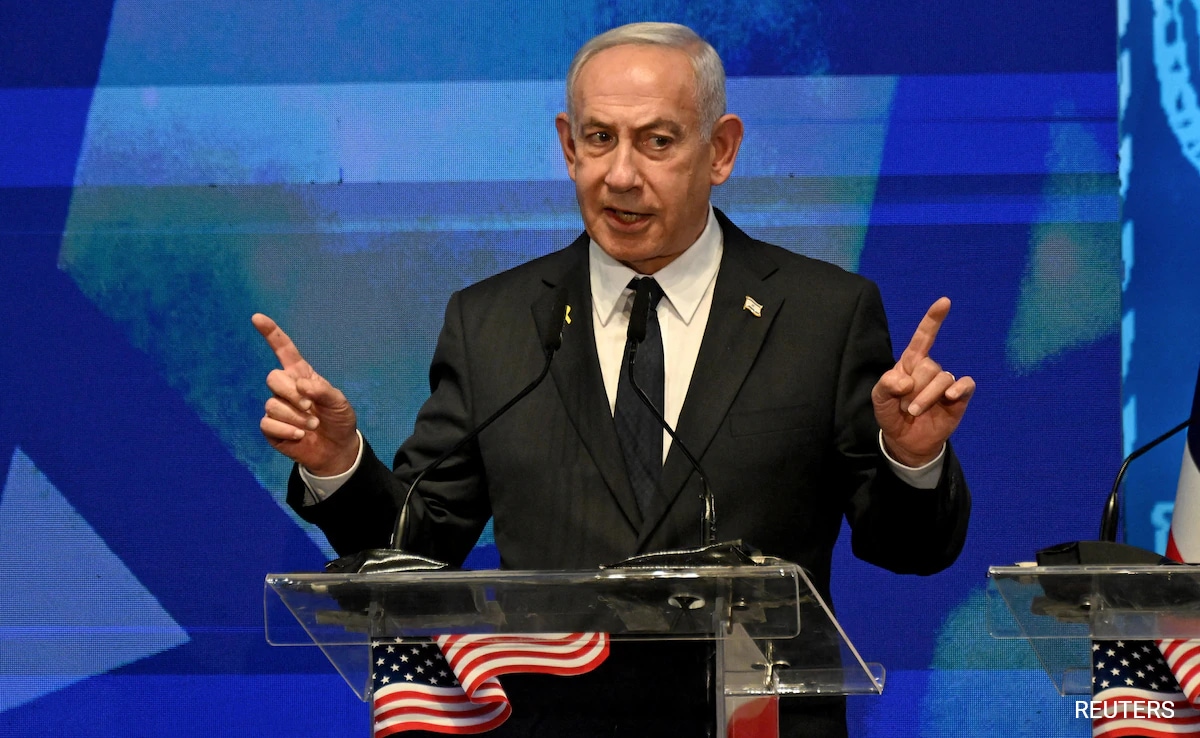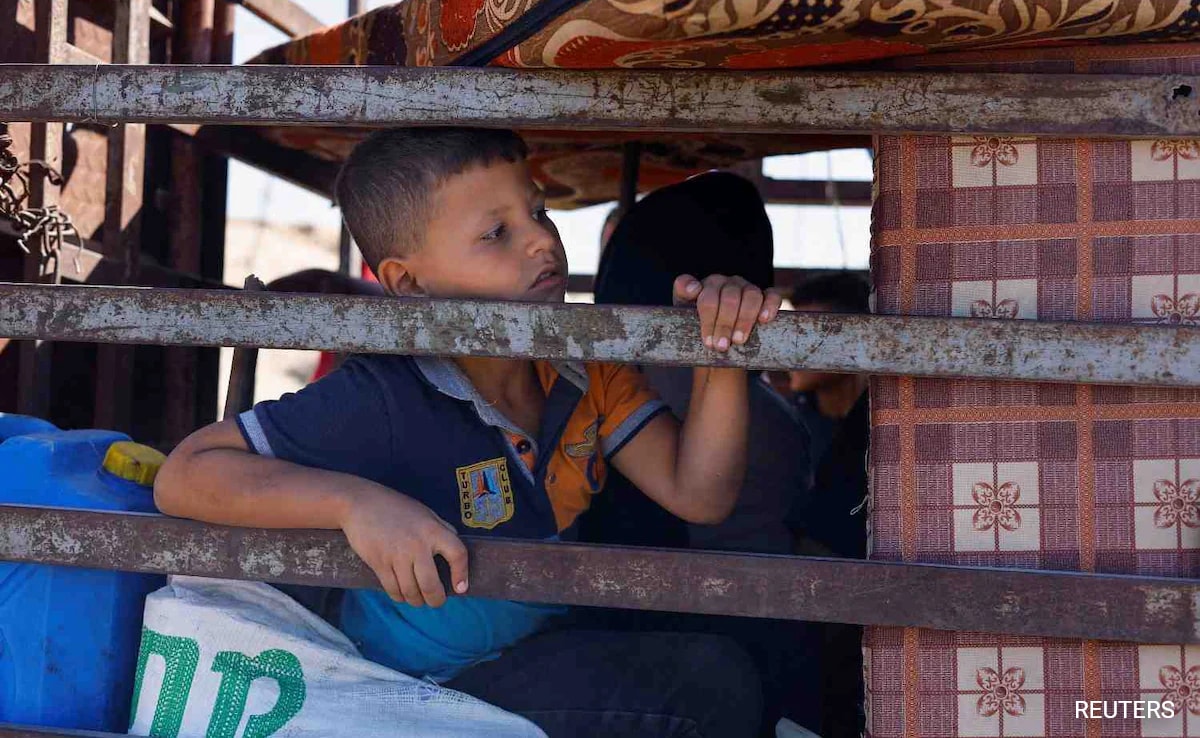Mr. Colonna, 61, never came out of the coma and died March 21 in a hospital in Marseille, France, according to his French lawyer, Patrice Spinosi, in a statement to the news agency AFP. His death prompted street protests in Corsica’s main cities, where separatist sentiment is strong, and French President Emmanuel Macron was forced to call on Corsicans to remain “calm and responsible.”
The protests after Mr. Colonna’s death were largely peaceful, whereas demonstrations after the prison attack had turned violent — the worst anti-French riots on the island in many years, with 77 Corsican security forces and 102 protesters injured on one day alone in the city of Bastia.
It took a three-day visit by French Interior Minister Gérald Darmanin to calm things down when he promised to start talks next month over possible Corsican autonomy.
Corsicans deemed the prison assault highly suspicious since the attacker, 36-year-old Cameroonian Franck Elong Abé, an Islamist extremist, was reportedly alone for many minutes with Mr. Colonna in the sports hall of a maximum-security prison in the southern French coast city of Arles.
The local prosecutor for the Arles area, Laurent Gumbau, said Abé had “strangled the victim with his bare hands” and then pulled a plastic bag over his head to suffocate him. Individuals at the prison said the sports hall was supposed to be observed by wardens around-the-clock and that no prisoner should have had access to plastic bags. Abé now faces charges of “murder in association with a terrorist group.”
Abé was captured by U.S. forces in Afghanistan in October 2012 while he was fighting with the Taliban, using the name Zakarie. The Americans held him in their Bagram base before, having found he had French nationality, sending him to France, where he was imprisoned.
Pending French investigations, which have now started, it is not clear whether there were any links between Abé’s Taliban affiliations and Mr. Colonna’s Corsican independence campaign, or whether the prison assault in Arles had been a spontaneous act of anger by Abé.
Roger Antech, editor in chef of the Corsican newspaper Corse Matin, told the French radio station France Info that he thought Corsican separatists would remain peaceful until Mr. Colonna’s funeral, adding, “But there’s no guarantee as to what happens afterwards.” And the National Liberation Front of Corsica, a militant clandestine group that laid down its arms in 2014 after years of attacks on French interests on the island, said it could resume its activities if independence were not forthcoming.
The prison attack on Mr. Colonna, the ensuing protests and his death suddenly took the Corsica independence issue from the back burner to front-page headlines in the run-up to French presidential elections on April 10 (with a runoff two weeks later). Macron, a centrist, is the clear favorite for a second term, but he has two far-right candidates closing in, notably Marine Le Pen, for whom France’s territorial integrity is a major campaign plank.
Corsica, the birthplace of French emperor Napoleon Bonaparte, has changed hands many times over the centuries, from the Holy Roman Empire to the city states of Pisa and Genoa. It has been a French territory since the late 18th century, but it is closer geographically and linguistically to Italy, which is 56 miles away. It was also briefly occupied by the Germans during World War II.
Yvan Colonna was born in the Corsican capital of Ajaccio on April 7, 1960, to physical education schoolteachers with socialist political leanings. His father also once served in the French parliament. After attending school and college in southern France and fulfilling military service, the younger Mr. Colonna returned to Corsica as a sheep farmer and goatherd outside the village of Cargèse, quickly identifying with local independence activists and eventually the National Liberation Front of Corsica.
On Feb. 6, 1998, Claude Érignac, France’s prefect (senior representative) on Corsica, was on his way to a classical music concert in Ajaccio when he was shot several times by a Beretta 9mm pistol. The gunman or gunmen escaped.
Based on mobile phone records, police rounded up several suspects they said belonged to the National Liberation Front of Corsica. Mr. Colonna was not among them but, under harsh interrogation, they at first implicated him but later retracted their statements, saying they were made under duress. One of them even said he himself had fired the fatal shots.
Nevertheless, Mr. Colonna became a prime suspect. He became “France’s Public Enemy No. 1,” according to the French police and media at the time.
The French government launched a manhunt, and Mr. Colonna was said to have been sighted in Venezuela before he returned clandestinely to Corsica. Interpol photos showed him with cropped hair and clean-shaven, but he had grown a beard and let his hair cascade to his shoulders.
Local villagers, relatives and sympathizers protected him, but French intelligence agents and Corsican security forces tracked him down, and he was captured in a farmhouse in 2003, without resistance and protesting his innocence. The French media thereafter billed him “the shepherd of Cargèse,” more as a snappy headline than out of sympathy.
He was found guilty in Paris and sentenced to life in 2007, eventually jailed in Arles. Corsican nationalists ever since called for him to be repatriated to a prison in Corsica, to be close to his family. After his assault and eventual death, they said the French government bore a large degree of responsibility for not listening to them.
Mr. Colonna’s survivors include his wife, Stéphanie, whom he married in prison in 2011, their son, Ghjaseppu, and another son, Jean-Baptiste, from his earlier relationship with Pierrette Serreri.
.png)











 English (United States) ·
English (United States) ·  Turkish (Turkey) ·
Turkish (Turkey) ·